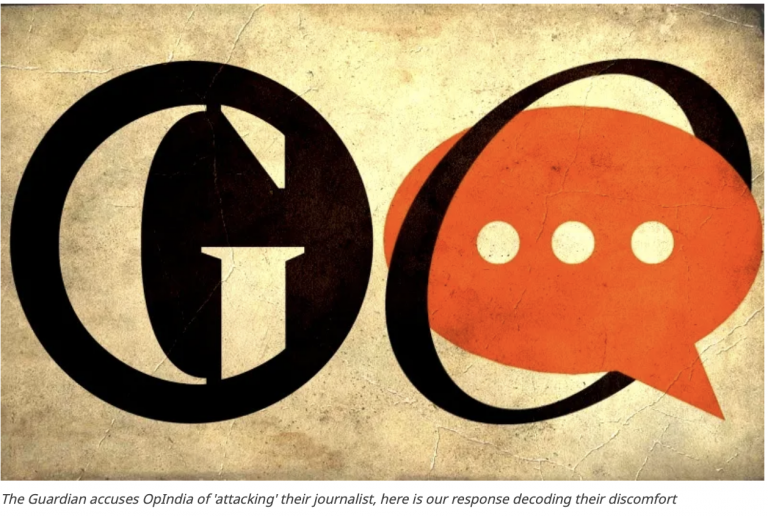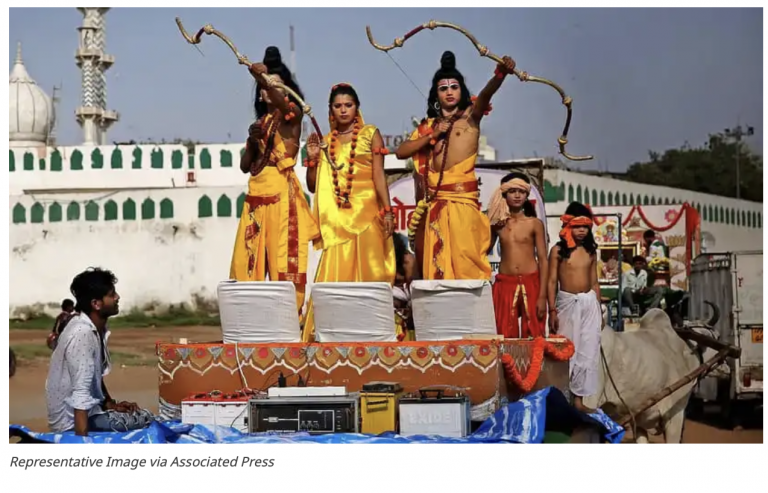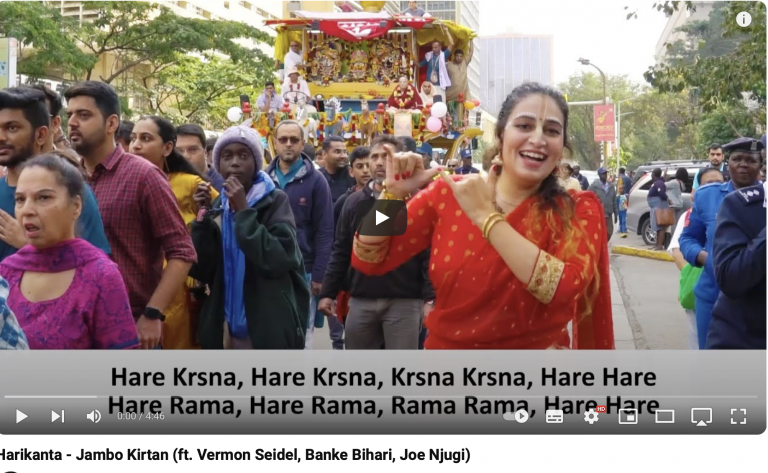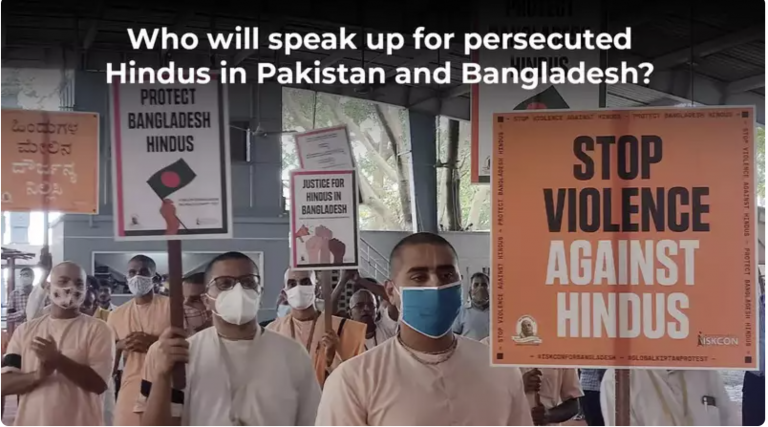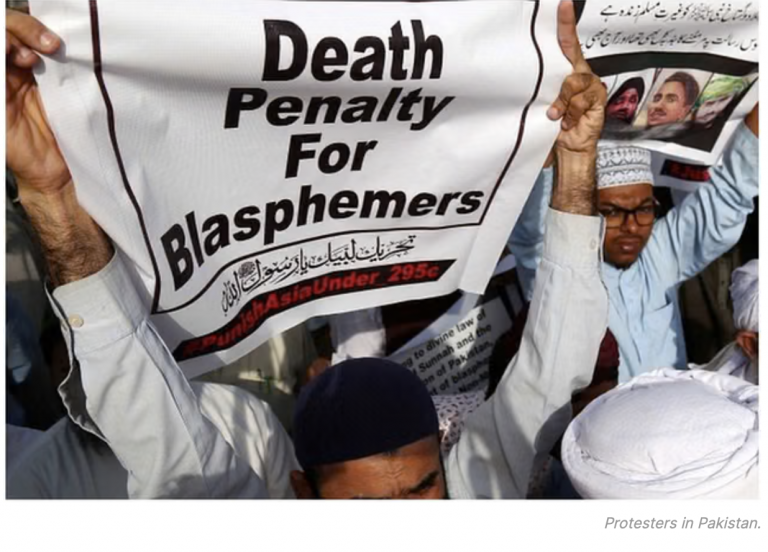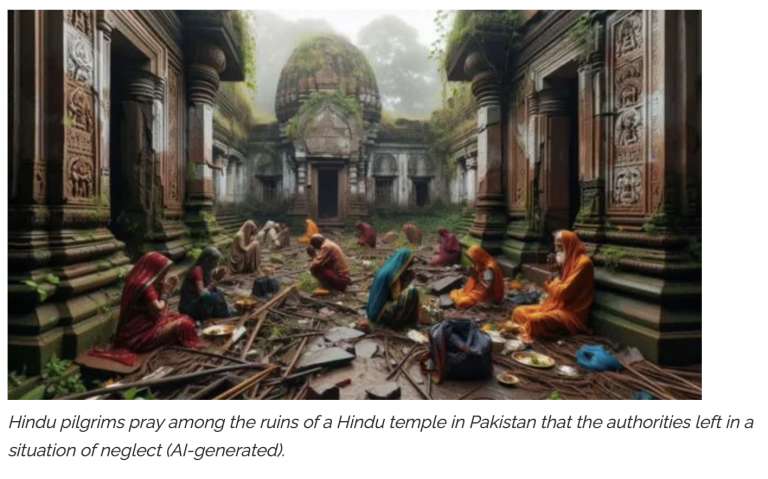Improving Hindu funeral services
ByKesh
In the UK, the differences in the time it takes to facilitate funerals among various religious groups often come down to specific religious practices, community structures, and logistical considerations.
Jewish and Muslim Funerals
- Religious Practices: Both Judaism and Islam place a strong emphasis on burying the deceased as soon as possible, ideally within 24 hours. This urgency stems from religious texts and traditions. In Judaism, it is considered a mitzvah (commandment) to bury the dead promptly. Similarly, in Islam, it is believed that the soul’s journey begins once the body is buried, so a swift burial is preferred.
- Community Support: Both Jewish and Muslim communities often have well-established community organizations and networks dedicated to facilitating quick burials. These organizations, such as Chevra Kadisha in Jewish communities and various Islamic funeral services, work closely with hospitals, mortuaries, and local authorities to expedite the process.
- Pre-Planning: Many Jewish and Muslim families may engage in pre-planning for funerals, which can include having plots pre-purchased, paperwork prepared, and funeral homes on standby. This pre-planning significantly reduces the time required to organize a funeral after death.
- Simpler Ceremonies: The funeral rites for both religions tend to be simpler and more straightforward. There are fewer embellishments and rituals that can delay the process, focusing instead on immediate burial.
Christian, Hindu, and Sikh Funerals
- Religious and Cultural Practices: Christian, Hindu, and Sikh funerals often involve more elaborate ceremonies and rituals. For instance, Christians might hold wakes, viewings, and memorial services, while Hindu and Sikh funerals may include extended rites such as the reading of scriptures and specific rituals performed by priests.
- Scheduling Services: The need to schedule church services, book venues, and gather family members from potentially far-flung locations can add to the delay. In many Christian denominations, the clergy’s availability can also affect timing.
- Paperwork and Administration: The administrative process can sometimes take longer. For instance, obtaining death certificates, arranging for cremation (common in Hindu and Sikh traditions), and other bureaucratic steps can cause delays.
- Family Preferences and Traditions: Many families may choose to delay the funeral to allow for relatives and friends to travel and gather, especially if they are spread out geographically. This can be particularly relevant in communities with strong ties to their homeland, leading to funerals being scheduled days or even weeks after the death.
- Availability of Funeral Services: Christian, Hindu, and Sikh funerals often involve the use of specific facilities such as churches, gurdwaras, or crematoriums. The availability of these facilities and the scheduling around other events can also impact timing.



